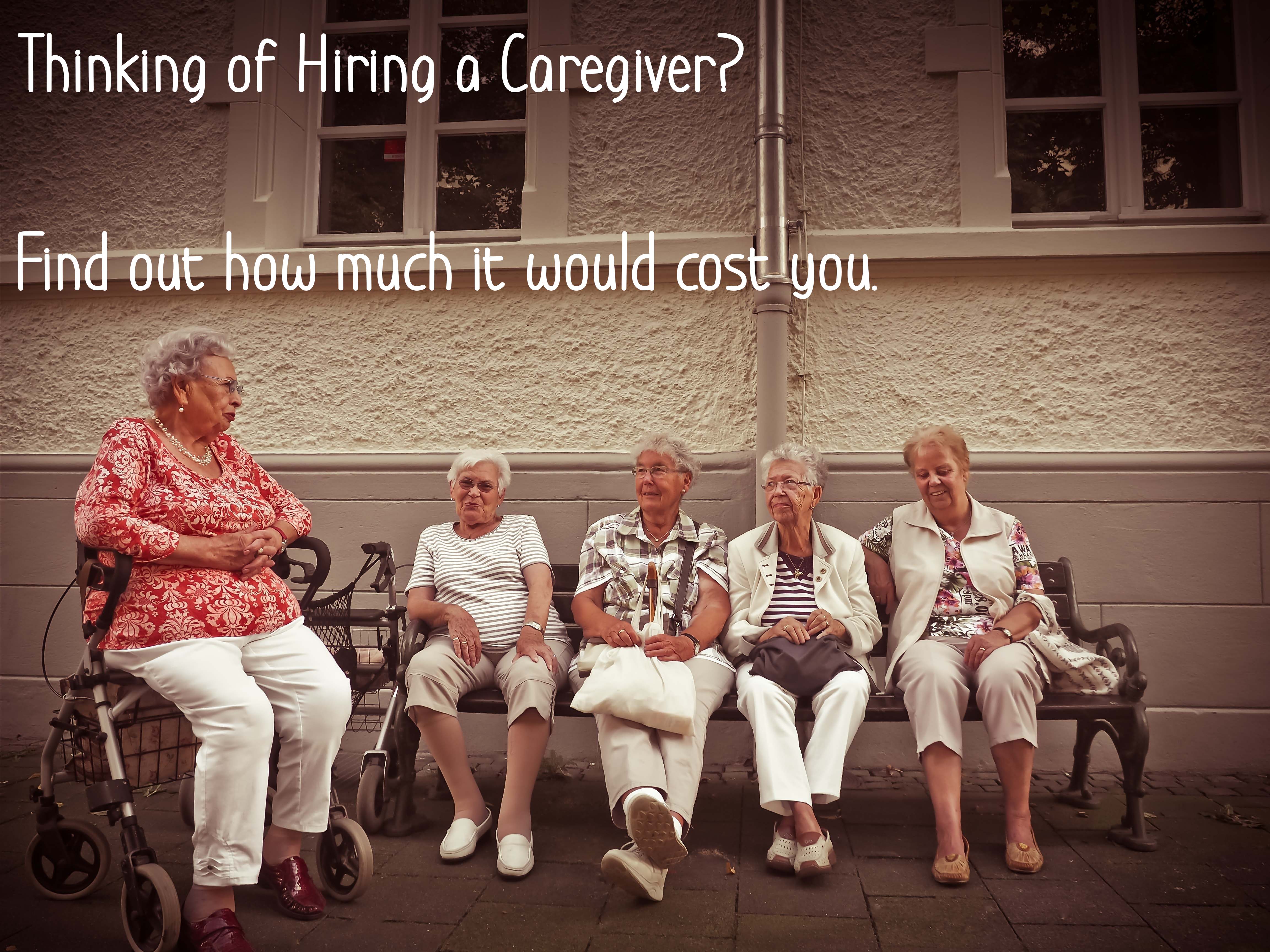Caregiving from a Distance

What you can do
First and foremost, don’t be hard on yourself. Guilt and worry will not serve you or your loved one well. You can be helpful no matter how great the distance. Here’s how:
Arm yourself with knowledge. Learn as much as you can about your loved one’s illness and treatment. The more information you have, the more you will understand what to expect and how to help.
Be creative with resources. Get a list of state and local services in your parent’s neighborhood from a phonebook or online. This can come in handy in an emergency. If there are no family members nearby, look for friends, clergy or others in your loved one’s community who you trust. They can give you a realistic view of what is going on by phone and may also be able to help with needed tasks.
Stay in touch. Though you may not be able to pop in for a visit, you can still stay connected through regular phone calls and/or e-mails. Send fun greeting cards or flowers from time to time to keep up your loved one’s spirits.
Focus on your strengths. Talk with other family members to divide the workload. Consider how your particular skills might be of use:
- Organized? Create a notebook that includes vital information about health care, social services, contacts and financial or legal matters. Make copies for other caregivers.
- Good with numbers? Take charge of the bills and bank statements, and/or help with reviewing insurance or health care paperwork.
- First-rate communication skills? Make yourself the point of contact for medical staff. Help interpret medical updates to keep relatives and friends up to date on changing conditions.
- Research buff? Maybe your strength is finding information – about treatment options, assisted-living facilities or home health care.
- Good at moving? Be the one to plan and organize a move to an assisted-living facility.
- Tags: Caregiving
- Professional Medical














Comments 0